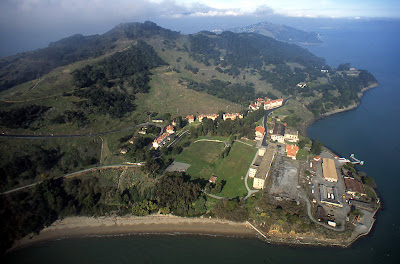
The natives presented palm branches as peace offerings. According to ethnographer Alfred Mètraux, the most common type of house was called "hare paenga" known today as "boat house" because the roof resembled an overturned boat. The foundation of the houses were made of buried basalt slabs with holes for wooden beams to connect with each other throughout the width of the house.
These were then covered with a layer of totora reed, followed by a layer of woven sugarcane leaves, and lastly a layer of woven grass. There were reports by European visitors who said they had seen "boles of large palm trees"
Peiser considers these reports to indicate that considerable numbers of large trees still existed at that time, which is perhaps contradicted by the Bouman quote above.
These were then covered with a layer of totora reed, followed by a layer of woven sugarcane leaves, and lastly a layer of woven grass. There were reports by European visitors who said they had seen "boles of large palm trees"
Peiser considers these reports to indicate that considerable numbers of large trees still existed at that time, which is perhaps contradicted by the Bouman quote above.
